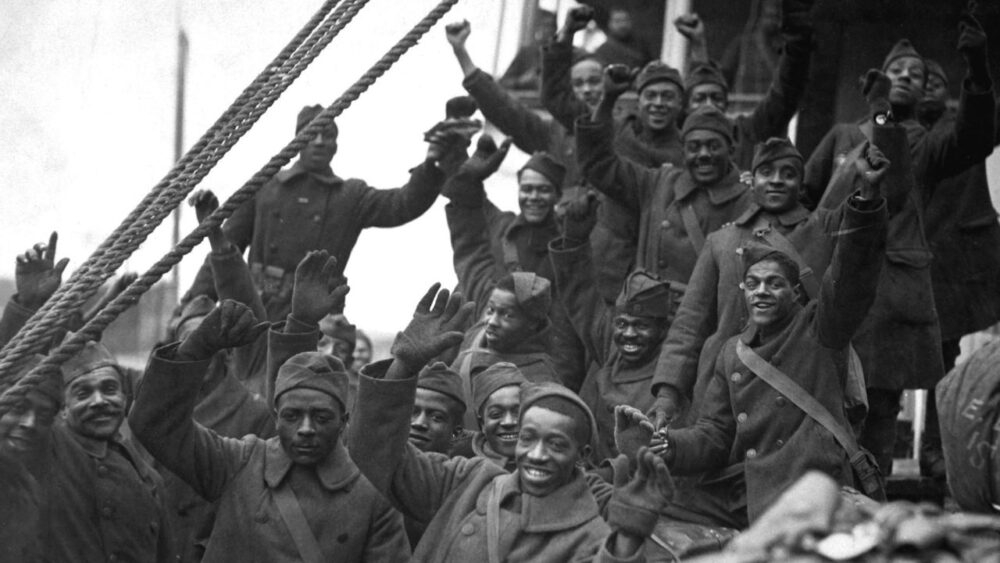At least 65 African American soldiers from East Texas served in the 369th Infantry Regiment, commonly known as the Harlem Hellfighters.
On Wednesday, family members and descendants gathered at the U.S. Capitol as Congress formally presented the regiment with the Congressional Gold Medal — one of the nation’s highest civilian honors.
The medal presentation capped decades of delayed recognition for a unit that became one of the most celebrated African American regiments of World War I. Roughly 200,000 Black Americans served in Europe during the war, including 42,000 in combat. Among them, the Harlem Hellfighters stood out for their record of valor.
Originally formed as the 15th New York National Guard Regiment in 1913, the soldiers came from Harlem and communities across Texas and Louisiana. They faced discrimination before deployment — excluded from New York’s “Rainbow Division” parade because, as one general said, “Black is not a color in the rainbow.”
Once in France, however, they earned respect under French command. The Germans nicknamed them “Hollenkampfer” — hellfighters — for their ferocity in battle. They spent 191 days in continuous combat, more than any other American regiment, and suffered over 1,400 casualties.
The French awarded the unit the Croix de Guerre and honored 171 individual soldiers for heroism. Private Henry Johnson and Private Needham Roberts became early symbols of the regiment’s courage after repelling a German patrol despite being badly wounded and nearly out of ammunition. Johnson was posthumously awarded the Medal of Honor in 2015.
The Harlem Hellfighters also made cultural history. Their regimental band, led by James Reese Europe, introduced jazz to European audiences and became a sensation.
When the soldiers returned home in 1919, they were greeted with a Fifth Avenue parade — a striking contrast to the discrimination they had endured before leaving for war.
This week’s congressional ceremony brought their story back to the forefront, with families from across the nation, including those from East Texas, gathering to honor a regiment whose bravery helped reshape both military history and the fight for racial equality.


